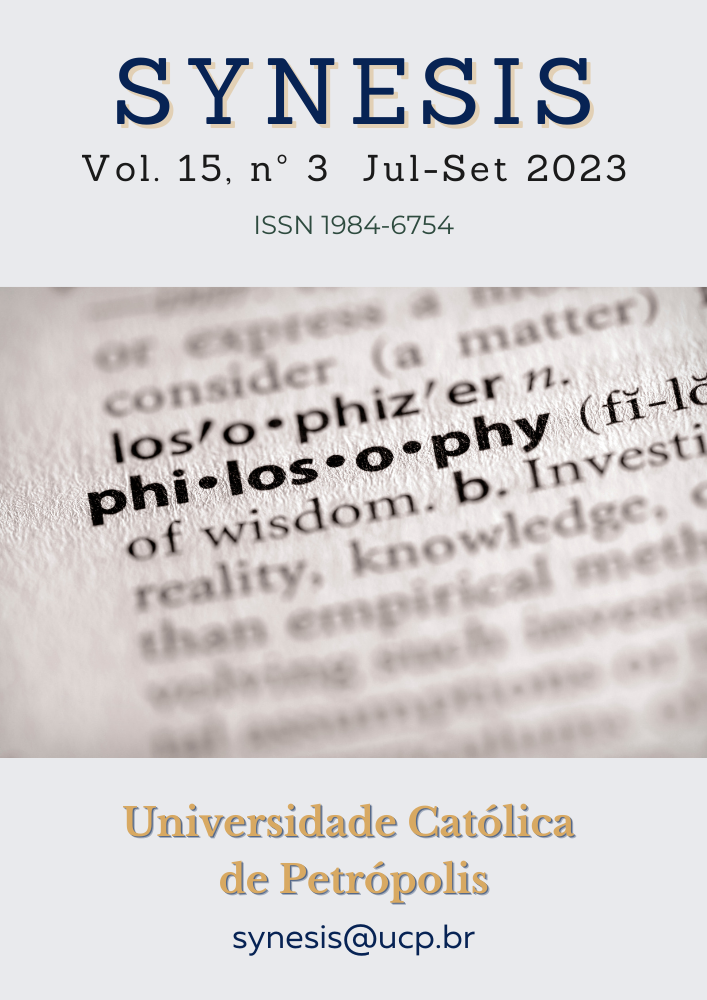Abstract
The Fourth Industrial Revolution creates increasing demands for workers with new skill sets. Since studies on career adaptability and its antecedents among workers have received less research attention, we examined the level of career adaptability and factors on career adaptability in the Fourth Industrial Revolution. Data were collected from 612 workers in Binh Duong province in Vietnam. Findings showed that workers in Binh Duong province were highly adapted to the impact of the Fourth Industrial Revolution. Findings also indicated that a collective significant effect was found in low socioeconomic status, unhealthiest, low skill and no vocational training, and difficulty in establishing relationships with colleagues and managers. In contrast, a collective significant effect was not found in low awareness of work changes due to the Forth Industrial Revolution, low qualification and experience, and old ages. We have discussed the implications and limitations of our findings.
References
Assante, D., Caforio, A., Flamini, M., & Romano, E. (2019). Smart Education in the context of Industry 4.0. Paper presented at the 2019 IEEE Global Engineering Education Conference (EDUCON).
Autin, K. L., Douglass, R. P., Duffy, R. D., England, J. W., & Allan, B. A. (2017). Subjective social status, work volition, and career adaptability: A longitudinal study. Journal of vocational behavior, 99, 1-10. https://doi.org/10.1016/j.jvb.2016.11.007
Delle, E., & Searle, B. (2022). Career adaptability: The role of developmental leadership and career optimism. Journal of Career Development, 49(2), 269-281. https://doi.org/10.1177%2F0894845320930286
Hall, D., & Mirvis, P. (1995). The new career contract: Developing the whole person at midlife and beyond. Journal of Vocational Behavior, 47, 269–289.
Hariharasudan, A., & Kot, S. (2018). A scoping review on Digital English and Education 4.0 for Industry 4.0. Social sciences, 7(11), 227. https://doi.org/10.3390/socsci7110227
İspir, Ö., Elibol, E., & Sönmez, B. (2019). The relationship of personality traits and entrepreneurship tendencies with career adaptability of nursing students. Nurse education today, 79, 41-47. https://doi.org/10.1016/j.nedt.2019.05.017
McClure, P. K. (2018). “You’re fired,” says the robot. The rise of automation in the workplace, technophobes, and fears of unemployment. Social Science Computer Review, 10 C.-H. MAYER 36(2), 139–156. https://doi.org/10.1177/0894439317698637
Mian, S. H., Salah, B., Ameen, W., Moiduddin, K., & Alkhalefah, H. (2020). Adapting universities for sustainability education in Industry 4.0: Channel of challenges and opportunities. Sustainability, 12(15), 6100. https://doi.org/10.3390/su12156100
M. Peña-Cabrera, V. Lomas and G. Lefranc, "Fourth industrial revolution and its impact on society," 2019 IEEE CHILEAN Conference on Electrical, Electronics Engineering, Information and Communication Technologies (CHILECON), 2019, pp. 1-6, doi: 10.1109/CHILECON47746.2019.8988083.
Safavi, H. P., & Karatepe, O. M. (2018). High-performance work practices and hotel employee outcomes: The mediating role of career adaptability. International Journal of Contemporary Hospitality Management. https://doi.org/10.1108/IJCHM-07-2016-0367
Saniuk, S., Caganova, D., & Saniuk, A. (2021). Knowledge and skills of industrial employees and managerial staff for the industry 4.0 implementation. Mobile Networks and Applications, 1-11. https://doi.org/10.1007/s11036-021-01788-4
Santilli, S., Marcionetti, J., Rochat, S., Rossier, J., & Nota, L. (2017). Career adaptability, hope, optimism, and life satisfaction in Italian and Swiss adolescents. Journal of Career Development, 44(1), 62-76. https://doi.org/10.1177%2F0894845316633793
Savickas, M. L., & Porfeli, E. J. (2012). Career Adapt-Abilities Scale: Construction, reliability, and measurement equivalence across 13 countries. Journal of Vocational Behavior, 80(3), 661–673. doi:10.1016/j.jvb.2012.01.011
Schröder, C. (2016). The challenges of industry 4.0 for small and medium-sized enterprises: Friedrich-Ebert-Stiftung.
Sony, M., & Mekoth, N. (2022). Employee adaptability skills for Industry 4.0 success: a road map. Production & Manufacturing Research, 10(1), 24-41. https://doi.org/10.1080/21693277.2022.2035281
Tien, H.-L. S., & Wang, Y.-C. (2017). Career Adaptability, Employability, and Career Resilience of Asian People. Psychology of Career Adaptability, Employability and Resilience, 299–314. doi:10.1007/978-3-319-66954-0_18
Zacher, H. (2014). Career adaptability predicts subjective career success above and beyond personality traits and core self-evaluations. Journal of vocational behavior, 84(1), 21-30. doi: https://doi.org/10.1016/j.jvb.2013.10.002
Zhang, W., Guan, X., Zhou, X., & Lu, J. (2019). The effect of career adaptability on career planning in reaction to automation technology. Career Development International. https://doi.org/10.1108/CDI-05-2018-0135

This work is licensed under a Creative Commons Attribution-NonCommercial-NoDerivatives 4.0 International License.
Copyright (c) 2023 Synesis (ISSN 1984-6754)

